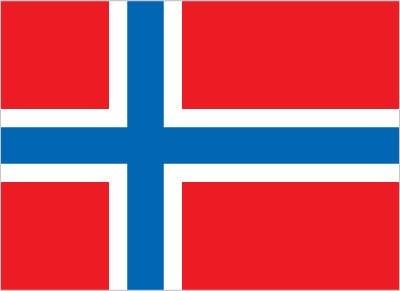Country Summary



Introduction
Background
The archipelago may have been first discovered by Norse explorers in the 12th century; the islands served as an international whaling base during the 17th and 18th centuries. Norway's sovereignty was internationally recognized by treaty in 1920, and five years later it officially took over the territory.
Geography
Area
total: 62,045 sq km
land: 62,045 sq km
water: 0 sq km
Climate
arctic, tempered by warm North Atlantic Current; cool summers, cold winters; North Atlantic Current flows along west and north coasts of Spitsbergen, keeping water open and navigable most of the year
Natural resources
coal, iron ore, copper, zinc, phosphate, wildlife, fish
People and Society
Population
2,926 (January 2021 est.)
Ethnic groups
Norwegian 61.1%, foreign population 38.9% (consists primarily of Russians, Thais, Swedes, Filipinos, and Ukrainians) (2021 est.)
Languages
Norwegian, Russian
Population growth rate
-0.03% (2019 est.)
Government
Government type
non-self-governing territory of Norway
Capital
name: Longyearbyen
Executive branch
chief of state: King HARALD V of Norway (since 17 January 1991); Heir Apparent Crown Prince Haakon MAGNUS (son of the king, born 20 July 1973)
head of government: Governor Lars FAUSE (since 24 June 2021); Vice Governor Solvi ELVEDAHL (since 1 May 2020)
Legislative branch
description: unicameral Longyearbyen Community Council (15 seats; members directly elected by majority vote to serve 4-year-terms); note - the Council acts very much like a Norwegian municipality, responsible for infrastructure and utilities, including power, land-use and community planning, education, and child welfare; however, healthcare services are provided by the state
Economy
Economic overview
high-income Norwegian island economy; major coal mining, tourism, and research sectors; recently established northernmost brewery; key whaling and fishing base; home to the Global Seed Vault
Exchange rates
Norwegian kroner (NOK) per US dollar -
Page last updated: Friday, May 13, 2022